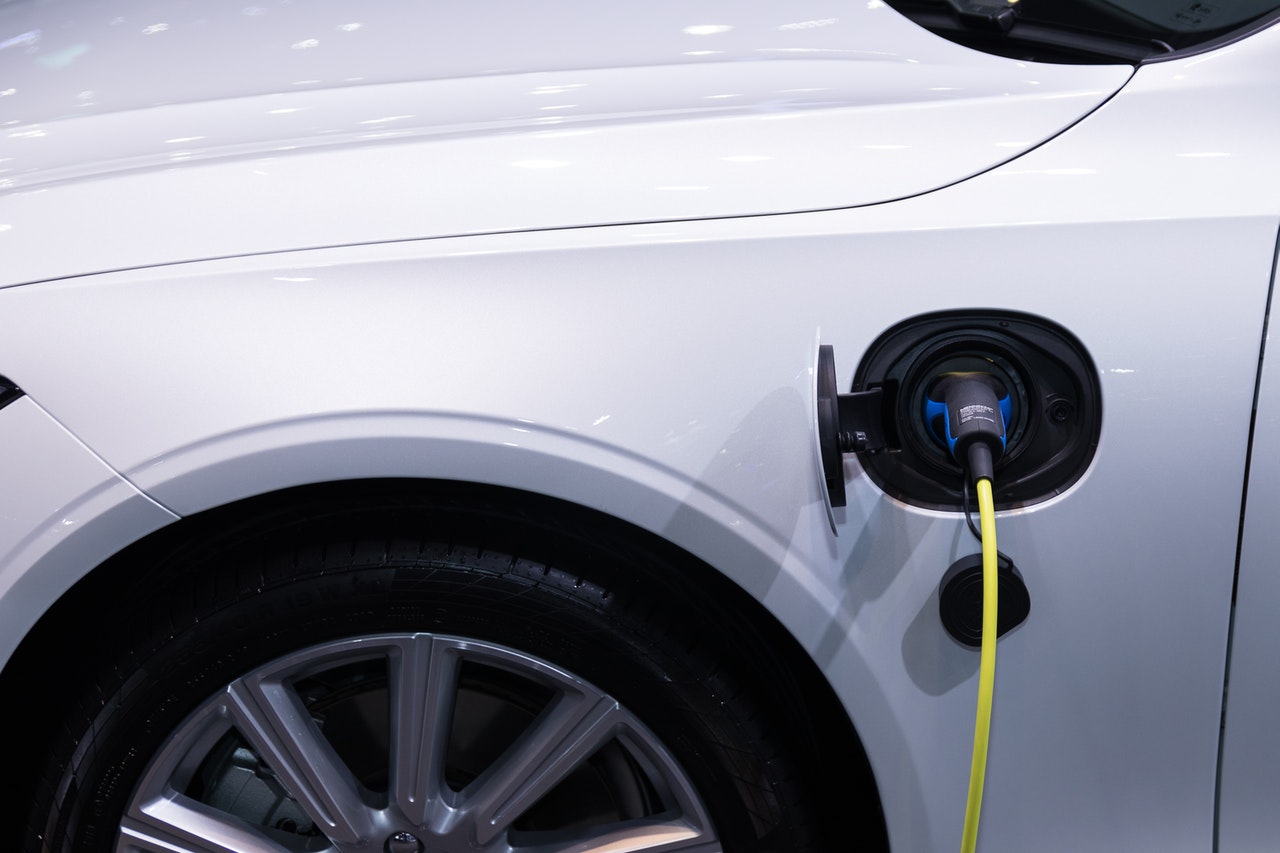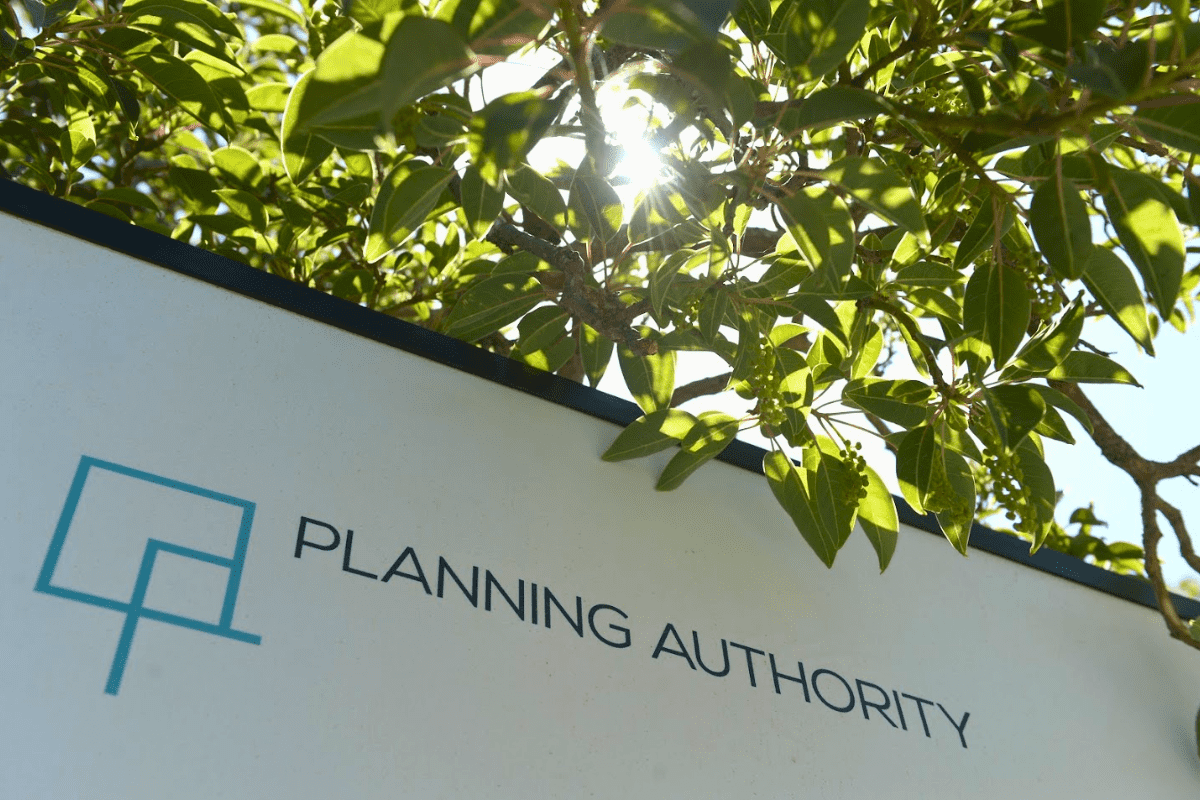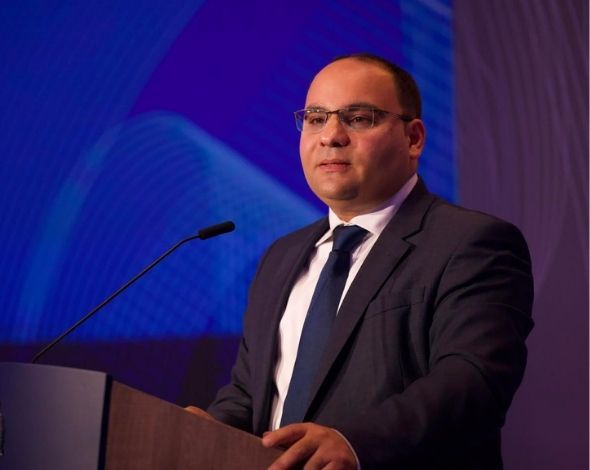Transport Malta has tabled a tender for the supply of over 100 new charging pillars in Parliament, revealing further details about the investment that will expand the public charging network for electrically powered vehicles in Malta and Gozo.
In response to a parliamentary question by the Shadow Spokesperson for the Green Economy and Capital Projects David Thake, Minister for Energy, Enterprise and Sustainable Development Miriam Dalli tabled the tender document inviting interested parties to submit their bid to supply a total of 175 charging pillars.
Of these, 22 are to be unitary DC/AC charging pillars with fixed DC CHAdeMO and DC CCS charging cables and a Mode 3 socket for AC charging cables with Type 2 connectors.
The other 153 will be unitary AC charging pillars with Mode 3 sockets for AC charging cables with Type 2 connectors, with 45 of these replacing existing AC charging pillars.
This means that electric vehicle owners in Malta and Gozo will see a net increase of 130 charging pillars across the two types.
The tender also includes a separate lot calling for Network Management System (NMS) software and the integration of the new pillars with Transport Malta’s ITS platform.
European Union Structural Funds will cover 80 per cent of the cost with the remainder covered by Malta’s public purse.
Such tenders, along with the bidders, their prices and the eventual winners, are generally available to the public through the Government’s online tendering platform. Although Transport Malta has many tenders available on the platform, this one is missing.
It also seems to be missing from the Transport Malta website’s procurement section.
The tender document was tabled in Parliament and so is available through the website dedicated to Parliamentary Questions.
Back in November 2020, the Government had announced that there would be 130 new charging pillars by mid-2021.
At present, the existing public charging network in Malta and Gozo consists of 56 charging pillars.
This figure will go up to 186, more than tripling the current number of charging points for electric vehicles.
The tender stipulated that the units must be able to accommodate all different types of Fully Electric Vehicles, Plug-in Hybrid and Range Extender electric vehicle types currently on the market, as well as others which are known to be placed on the market immanently.
The latest NSO statistics show that at the end of Q3 2020 there were a total of 2,345 fully electric vehicles, with another 3,150 hybrids.
This represents a big jump over the number of such vehicles at the end of 2018, when only 926 electric vehicles and 1,441 hybrids were registered with Transport Malta.
The Government is incentivising the purchase of electric vehicles through grants that can reach up to €7,000.
Wolt Market unveils refreshed identity in Malta
Expanded partnerships with Maltese producers, upgraded fresh food categories, all in vibrant green – Wolt Market marks a new milestone
Irrestawra Darek grants for Reġjun Nofsinhar oversubscribed within days
Demand for the scheme surged immediately upon opening
Clyde Caruana pledges energy subsidies to remain amid Iran war oil price volatility
Finance Minister says it is too early to assess the additional cost arising from developments in the Middle East






